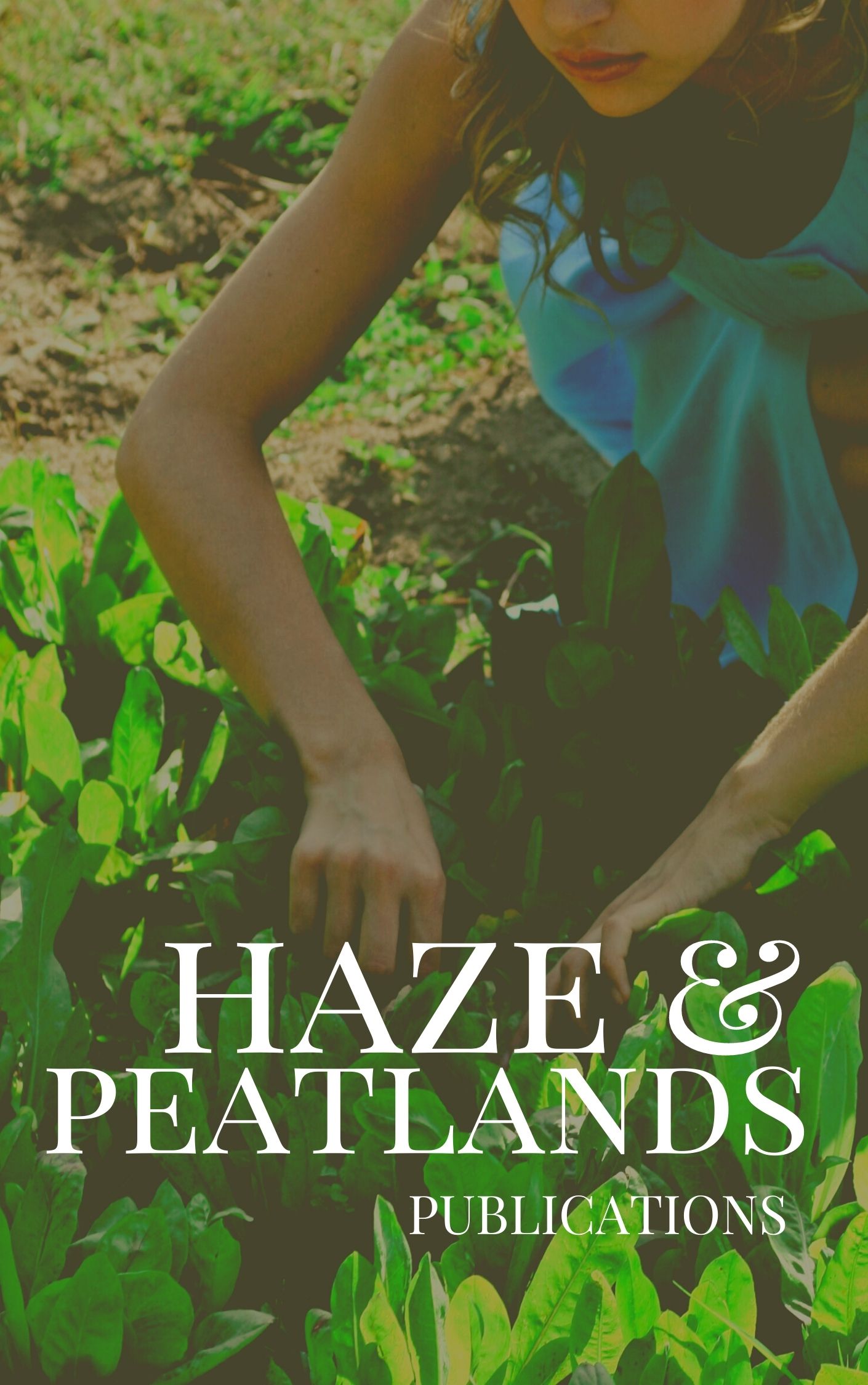Certification systems for sustainable agricultural commodities typically rely on auditors to verify that producers comply with environmental, social, and legal standards. In the oil palm industry, the Roundtable on Sustainable Palm Oil (RSPO) certification system promises to address core sectoral sustainability concerns—including deforestation, fire, biodiversity loss, peatland drainage, forced labor, and land tenure conflict—by applying third-party audits to large-scale oil palm growers. Audits are designed to detect noncompliances with the standard, and to ensure that growers resolve these nonconformities. Yet, the role of RSPO audits in generating additionality across key sustainability issues remains unclear. Here, we compiled and analyzed data from a timeseries of annual audit reports for two-thirds of all certified oil palm growers in Indonesia as of December 2015 (n = 114 certified growers and 262 reports). We found that certified growers were required to address a median of four noncompliances per audit (range 0-37), with more noncompliances detected at initial certification than during subsequent audits. Certification demanded the most changes under our thematic areas of Waste & Pollution (9% of all noncompliances) and Employment (7%) and the least changes in Fire (<1%) and Corporate Social Responsibility programs (<1%). Thus, while many RSPO certified growers make real changes to achieve certification, these changes do not always address core sectoral performance concerns. Regression analysis indicated that RSPO member and certification body were significantly correlated with noncompliance frequency. This suggests that each member has a different cost of compliance and indicates heterogeneous stringency of standard application by certification bodies. We recommend that future research evaluate how post-2015 changes in RSPO assurance processes have interacted with a more robust and comprehensive certification standard to alter the additionality from third-party audits.
View source

